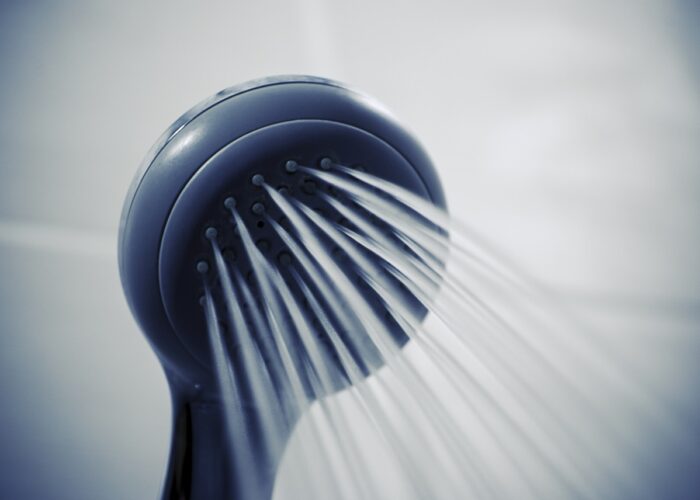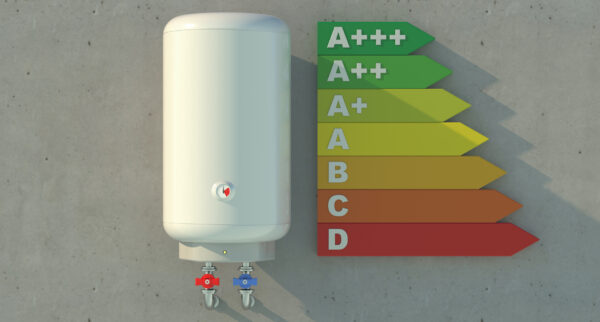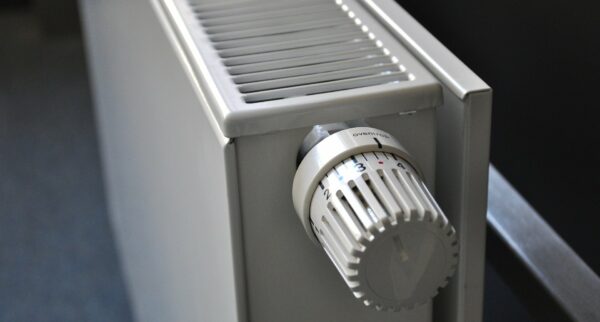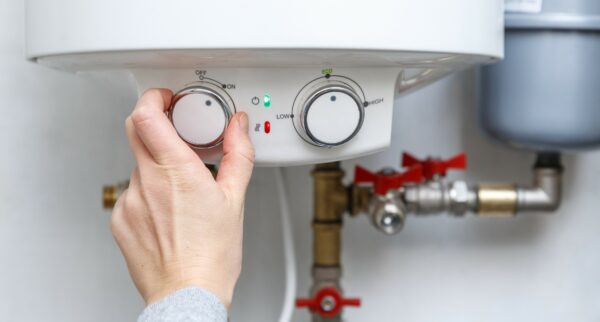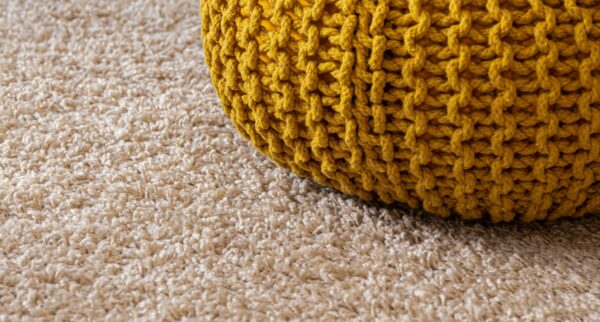Call us today 0207 32 32 999
Combination boilers, widely known in the U.K. as combi boilers, are condensing boiler systems that combine high-efficiency water heating and central heating. Smaller than conventional systems, they are ideal for small residences.
How Does a Combi Boiler Work?
Combi boilers don’t use water tanks. They instead heat water as it runs from the street mains into homes. When a hot water tap is turned on, the boiler fires up and the water is heated as it runs from the street mains and into household pipes. The water pressure generated to taps and shower heads is high because it feeds straight from the mains.
What is a Combi Boiler : The Advantages
Water Pressure
Combi boiler systems take water in directly from the main so the pressure is stronger than conventional or heat-only boilers, which use hot and cold water tanks built into lofts. Water feeds down through the pipes and into the taps and shower heads. The water pressure of conventional boilers is weaker because it’s limited to what gravity can generate.
Save Energy
Conventional water boilers automatically heat water up twice per day, once in the morning and once at night, which wastes energy.
Twice the Work
Combi boilers do two jobs at once: They provide central heating and water on demand. Once the hot water tank in conventional units runs out, the boiler needs time to heat more hot water.
Save Money
Conventional boiler systems require more maintenance that combi boilers require because they have two units and water tanks. Combi boilers have only one unit, which cuts maintenance costs in half and speeds up installation.
Save Space
Conventional boiler systems occupy floor and wall space with large water tanks and long, complicated, pipe networks. Combi boiler units are easily mounted onto walls or floors and can fit into tighter areas. They are ideal for small houses and apartments.
Simpler Installation
Combi boilers cost less to install than conventional boiler systems because they require less pipework and don’t need to be connected to external water tanks.
The Disadvantages of Combi Boiler Systems
Combi boilers don’t produce enough hot water to run multiple showers at once. Larger homes with multiple bathrooms require conventional boiler systems with water tanks that can support multiple showers at once.
Unlike conventional systems, combi boilers are susceptible to hard water, or water containing high amounts of the minerals magnesium and calcium. Hard water creates many household problems, including:
- pipe clogging from scale deposits
- Faster wearing of appliances
Lastly, because the water supply is heated straight from the mains, it relies on the mains water pressure to move the water around your home. If you have poor water pressure in your area, then a combi boiler might struggle to keep enough pressure in your system to move water around it.
Types of Combi Boilers
Combi boilers can be fired by several types of fuel, and by electricity.
Gas Combi Boilers
Gas powered combi boilers are the most popular installation option in the UK. For homes connected to the gas network, a natural gas combi boiler is likely the cheapest option.
Oil Combi Boilers
Oil burning combi boilers are a popular choice for the estimated 4 million UK homes that aren’t on the gas network. They can be very energy efficient, with ratings up to 95%. They require installation of an outdoor oil tank that needs to be topped up at intervals.
LPG Combi Boilers
Liquid Petroleum Gas or LPG combi boilers are another popular choice for UK homes situated off the gas network. LPG is a clean-burning fossil fuel that produces low amounts of harmful emissions and has equal efficiency to gas central heating systems. LPG combi boilers require an oil tank that can be topped up or replaced.
Electric Combi Boilers
Combi boilers that run on electricity are much smaller than fuel-burning combi boilers; they can be installed in more spaces because they don’t have to be near to an outlet wall. With a near-99% efficiency rating, they are environmentally friendly.
Electric combi boilers generally cannot heat as much water as fuel-burning combi boilers. That said, they are a good, energy saving option for households not connected to the mains gas supply.
Considerations before buying a combi boiler system:
Heat Output
Combi boilers produce heat outputs measured in BTUs (British Thermal Units). The required heat output depends on the property size, property type, and on the amount of water the system will be using.
Water Flow Rate
Water flow rate is the speed at which water passes through the heat exchanger in a boiler. The slower the water flow rate, the hotter the water temperature.
What size combi boiler do I need?
Understanding what size boiler you need for your home is vital to creating an efficient system that keeps your water hot and your house warm. This is especially the case with a combi boiler, as it heats the water on demand, if it is too small, it won’t be able to satisfy what your household needs. Likewise, if it is too big, you will be wasting energy and overspending on bills.
It’s important to know that combi boilers are not recommended if you have a large house that has more than 2 bathrooms. This is because there is only a single output of water that gets diminished if split across too many taps.
| Number of Bedrooms | Number of Bathrooms | Number of Radiators | Recommended Output |
| 1-2 | 1 | Up to 10 | 24-27kw |
| 2-3 | 2-3 | Up to 15 | 28-34kw |
| 4+ | 3+ | Up to 20 | 35-42kw |
Cost of Installing A Combi Boiler
The overall cost of a combi boiler is equal to the sum of the supply costs and installation costs. The total amount depends on the brand, model, and any heating system component parts installed.
The cost of replacing an old combi boiler with a new one is lower than the cost of converting from a conventional boiler because no pipeworks need to be fitted and no storage tanks need to be removed.
When To Install A Combi Boiler
The best time to install a combi boiler system is in the spring or summer. Plumbers and electricians command higher rates in the cold months because their services in higher demand. Installation during general refurbishments is also a good idea, as pipework may require tearing up floors and carpets.
